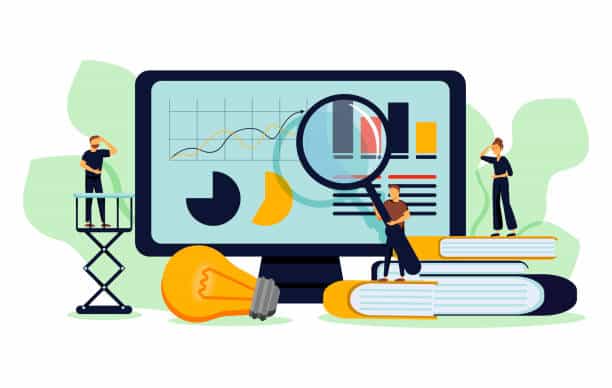Employees who possess soft skills, such as problem-solving, decision-making, and effective communication abilities, tend to ascend the career ladder quicker than their counterparts lacking these proficiencies, as per a recent report released by LinkedIn on February 29.
Analyzing LinkedIn data spanning from 2020 to 2023, the report reveals that full-time employees who showcase a blend of both hard and soft skills on their profiles experience an 8% swifter promotion rate compared to those solely highlighting hard skills.
Greg Lewis and Manas Mohapatra, co-authors of the report, underscore the tangible impact of these often intangible soft skills, stating, “It’s a testament to the concrete impact of so-called soft skills: Even if you can’t easily measure the skill itself, they still make a measurable difference.”
Significance of Soft Skills in Hiring
Furthermore, the report emphasizes the paramount importance of integrating soft skills into hiring criteria for talent professionals and urges companies to facilitate the development of such skills among employees.
Employees who possess soft skills, such as problem-solving, decision-making, and effective communication abilities, tend to ascend the career ladder quicker than their counterparts
Specific soft skills exhibit a stronger correlation with promotion velocity. Organizational skills, teamwork, problem-solving, and communication stand out as particularly influential, contributing to an 11% faster promotion rate. Additionally, leadership skills lead to a 10% acceleration in promotions.
Regularly updating skill sets also correlates with accelerated career advancement. Employees who periodically add skills to their repertoire, on a quarterly basis, experience an 11% faster promotion rate compared to those who infrequently update their skill sets.
Despite the acknowledged significance of soft skills, challenges persist in their development and integration into training programs. According to a 2020 Talespin study, hurdles such as time constraints, resource limitations, and difficulty in measuring return on investment hinder soft skills training initiatives.
Importance Amid Technological Advancements
Nevertheless, soft skills continue to be indispensable in the modern workplace, especially in light of hybrid work models and evolving technological landscapes. New AI tools and technologies further underscore the importance of soft skills such as communication, problem-solving, and time management.
Acknowledging the pivotal role of soft skills, businesses are prioritizing upskilling initiatives to bridge existing skill gaps, alleviate hiring challenges, and enhance employee engagement. According to a Salary.com survey, HR professionals are increasingly focusing on developing soft skills that are beyond the realm of AI capabilities, including communication, problem-solving, critical thinking, attention to detail, and analytical thinking.











